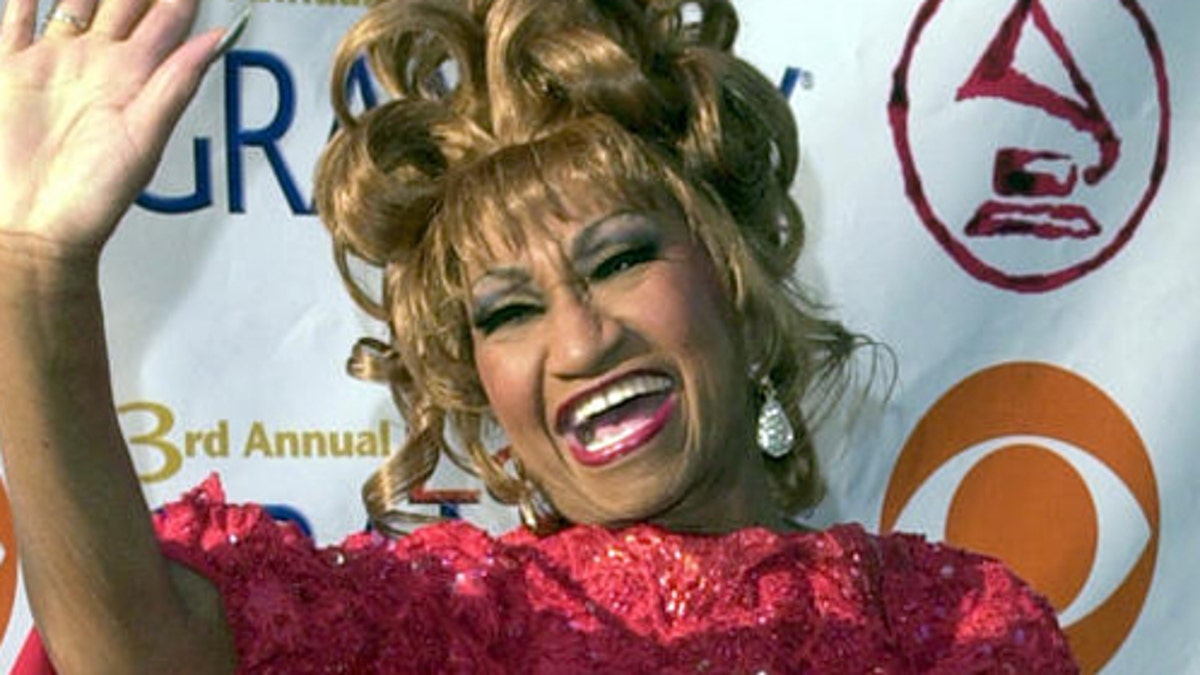
After a five-decade-long absence, Celia Cruz may return to Cuban airwaves.
Though the Communist authorities do not acknowledge it, for about 50 years state radio stations have blacklisted musicians who abandoned Fidel Castro’s 1959 Revolution, the BBC reports.
Now, that may be changing.
The government has not acknowledged changing policy – Cuban officials rarely discuss policy changes with the media – but the BBC reports that several radio stations confirm they no longer face restrictions on playing music by exiles.
The change comes amid Cuba’s cautious attempts under head of state Raúl Castro to liberalize its state-controlled economy.
"The artists were banned because they were making statements against Cuba," journalist Reny Martinez told the BBC. "Things have changed. Something has changed in the Party. I think there's new flexibility with culture."
Radio station operators say blacklists included some 50 artists before the prohibition was overturned, according to the BBC.
Ironically, the list of artists banned from state radio included Celia Cruz—perhaps Cuba’s most internationally famous artist.
Known as the “Queen of Salsa,” Cruz got her first break in 1950, when she joined La Sonora Matancera, one of Cuba’s most popular orchestras and a regular at the famed Tropicana club in Havana.
The band went on tour to Mexico a year after the Cuban rebels under Castro’s leadership toppled then-dictator Fulgencio Batista in January 1959. Cruz never returned, instead continuing her career in the United States.
The Cuban government continued to hold a grudge with the musician—authorities refused to let her into the island to attend her father’s funeral.
Other musicians once erased from radio playlists include singer Willy Chirino, jazz saxophonist Paquito d’Rivera and singer Gloria Estefan. Pianist Bebo Valdés was also among the censored artists, though his son Chucho Valdés remains in Cuba and the two have recorded together in recent years.
Follow us on twitter.com/foxnewslatino
Like us at facebook.com/foxnewslatino






